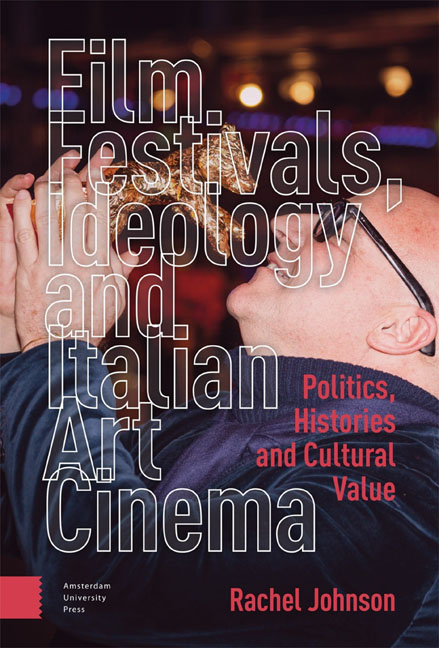Appendix 3 - Synopses of Secondary Case Studies
Published online by Cambridge University Press: 13 April 2024
Summary
A3.1 A Children's Story (Certi Bambini, Andrea and Antonio Frazzi, 2004)
Eleven-year-old Rosario lives in a cheerless apartment in the suburbs with his sick grandmother who spends most of the day in bed. He and a couple of friends spend time slacking off between a dive pub and the Las Vegas gambling joint. They smoke, drink and steal, imitating the worst of the adult world they see around them. The laughter that once graced their faces as children has been replaced by a queer, ambiguous smile bearing witness to myriad painful experiences. The makers of A Children's Story (based upon the novel by Diego De Silva) have placed incidents from the boys’ lives in extensive flashbacks, mental flights Rosario embarks upon during long subway rides. With every new abrupt closing of the train doors, the boy drags us into his recent past and presents the three most influential people in his life: the admired Santino, the feared Damiano and the alluring Caterina. This fascinating film bears cruel witness to how easy it is for a troubled child to get mixed up in the Naples camorra.
– Karlovy Vary 2004 print and online programme
A3.2 Caesar Must Die (Cesare deve morire, Paolo and Vittorio Taviani, 2012)
The performance of Shakespeare's Julius Caesar comes to an end and the performers are rewarded with rapturous applause. The lights go out; the actors leave the stage and return to their cells. They are all inmates of the Roman maximum security prison Rebibbia. One of them comments: “Ever since I discovered art this cell has truly become a prison.”
Filmmakers Paolo and Vittorio Taviani spent six months following rehearsals for this stage production; their film demonstrates how the universality of Shakespeare's language helps the actors to understand their roles and immerse themselves in the bard's interplay of friendship and betrayal, power, dishonesty and violence. This documentary does not dwell on the crimes these men have committed in their “real” lives; rather, it draws parallels between this classical drama and the world of today, describes the commitment displayed by all those involved and shows how their personal hopes and fears also flow into the performance.
- Type
- Chapter
- Information
- Film Festivals, Ideology and Italian Art CinemaPolitics, Histories and Cultural Value, pp. 272 - 274Publisher: Amsterdam University PressPrint publication year: 2023



